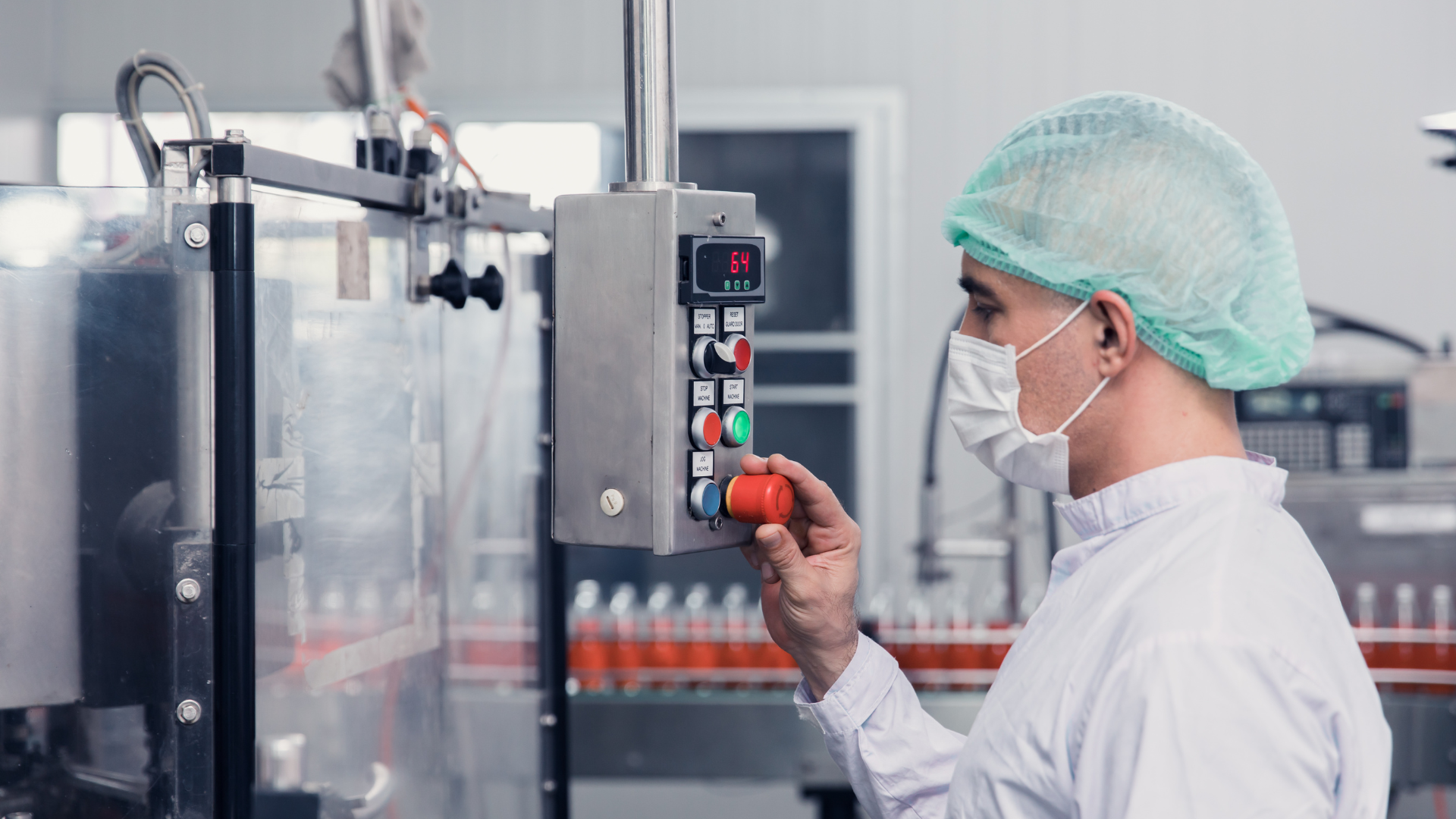
Optimizing Manufacturing Operations with ERP-Driven Data Analytics
Industry 4.0, which is the use of data analytics, digital technologies, and the Internet of Things (IoT), has been called the fourth industrial revolution. Central to this revolution are connected devices and the wide availability of cloud-based enterprise resource planning solutions (ERP) that help businesses overcome ERP adoption challenges that limited digitization and the use of full-featured ERP technology previously.
Cloud-based ERP for the food and beverage industry is critical for F&B manufacturing operations and Industry 4.0 largely because leveraging ERP in manufacturing decision-making yields significant increases in efficiency and manufacturing optimization.
Leveraging ERP in Manufacturing Decision-Making
Decisions and optimization are better with good data and advanced analytics that help food and beverage firms make sense of it.
The process of collecting and using data within a manufacturing operation consists of five steps, all involving ERP.
- Gathering the data from the source (“ingesting” it). ERP for the food and beverage industry connects manufacturing equipment and handheld scanners, and input devices with backend systems, so all operational data is captured for analysis.
- Processing and adding to the data so it becomes maximally useful. ERP helps with formatting the data coming in from a manufacturing operation and adding other data sets to make operational data more meaningful and useful. This can come from shop floor data or other sources such as financial, sales, or human resource departments.
- Storing the data so it is centralized and accessible. ERP for the food and beverage industry serves as the central data store and access point for all the data that has been collected, making it available to manufacturers to use the collected data for better decisions and accessible for analysis and decision-making.
- Analyzing the data within an analytics engine. Analytics engines built into cloud ERP or third-party solutions connected to the ERP help an F&B manufacturer use the collected data for better decisions.
- Using machine learning (a part of artificial intelligence) for making predictions and generating reports automatically. Augmenting human analysis, ERP enables predictive analytics through machine learning, as well as automated report generation. This helps uncover additional insight and increases the velocity of decision-making.
The Benefits of Analytics and Cloud ERP for the Food and Beverage Industry
With an ERP for the food and beverage industry in place, an F&B manufacturer can fully take advantage of data for enhanced decision-making. Through the use of cloud ERP and its twin benefits of faster rollout and less ongoing costs, overcoming ERP adoption challenges that limit the full use of F&B data and analytics can also be achieved.
Some of the ways that this combination of data analytics and cloud ERP benefits food and beverage manufacturers include:
Enhanced manufacturing efficiency. Analytics and cloud ERP can help F&B manufacturers uncover hidden patterns, optimize production processes, reduce equipment and staff downtime, and streamline workflows for improved resource utilization.
Boosted product quality. Manufacturers can use analytics and ERP for early detection of defects, improve quality control processes, and predict manufacturing failures before they happen through the use of machine learning.
Improved supply chain management. With cloud ERP, F&B manufacturers can see inventory in real-time, accurately forecast demand, and strengthen collaboration with logistics and supplier partners.
Optimize assets and predict equipment maintenance. One of the lesser-known ways to leverage ERP in manufacturing decision-making is through better equipment management. With ERP, F&B manufacturers can anticipate equipment failures and proactively schedule repairs for extended equipment lifespans and better adherence to production schedules.
Better forecasting and market insights. ERP for the food and beverage industry and the analytics that come with it can analyze historical sales data and help accurately forecast demand for better-optimized production activity. With better access to data and insight, F&B manufacturers can also spot new markets and product opportunities.
Increased Sustainability. Through better resource efficiency and increased waste reduction from tighter planning and visibility, F&B manufacturers can meet sustainability goals more easily while also reducing costs.
Overcoming ERP Adoption Challenges with the Cloud and Prepackaged Industry Solutions
These benefits and optimization only come to food and beverage manufacturers that successfully make the jump to Industry 4.0, however.
The good news is that rolling out an ERP for the food and beverage industry that serves as the cornerstone for Industry 4.0 is no longer long or costly. Cloud ERP has reduced the cost and time needed to roll out a modern ERP solution, and we’ve developed a prepackaged ERP industry solution for food and beverage manufacturers to make the jump even easier. While ERP rollout isn’t turnkey, a prepackaged industry solution can make it feel almost that easy and painless because the ERP system is already configured for the common needs and functionality of food and beverage manufacturing.
To learn more about ERP rollout, leveraging ERP in manufacturing decision-making, or how our prepackaged ERP industry solution can help, contact one of our experienced ERP consultants at (801) 642-0123 or by writing us at info@nbs-us.com.

